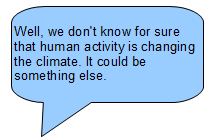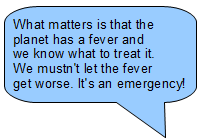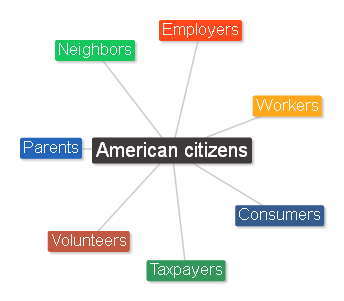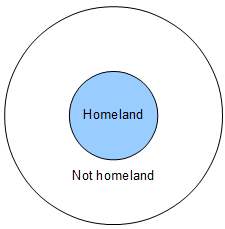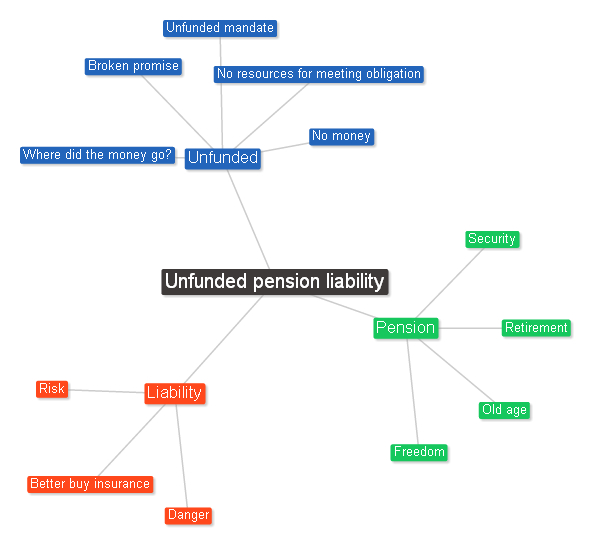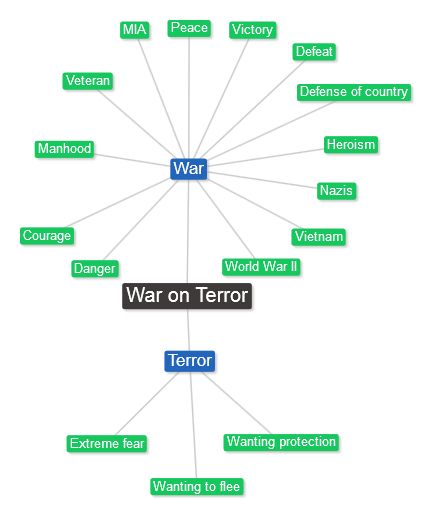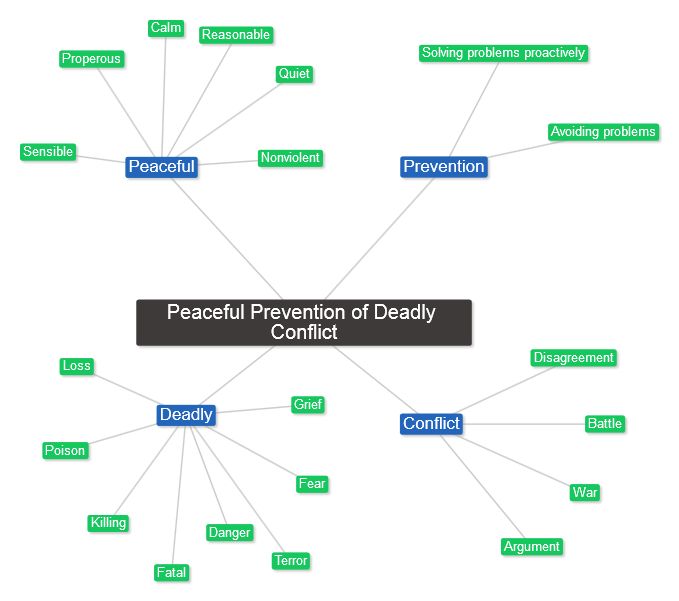What dark times these are when the plain Anglo-Saxon word baby has to be reclaimed from politics! But as George Lakoff points out in The Little Blue Book, baby is one of several important English words that have to be reclaimed from the anti-women’s rights crowd.
 While no one disputes that “life begins at conception,” what needs to be disputed is the radical claim that this means that personhood, citizenship and childhood begin at conception. This is false and dangerous.
While no one disputes that “life begins at conception,” what needs to be disputed is the radical claim that this means that personhood, citizenship and childhood begin at conception. This is false and dangerous.
Although we sometimes speak affectionately of an unborn child as “baby” and sometimes even name it while in the womb, it becomes a baby at birth when the umbilical cord is cut. That’s why we call birth “having a baby.” We do not call conceiving a child “having a baby” because we don’t have it until it’s born. That is when personhood, childhood, and citizenship begin. That has always been my understanding of the word baby.
Why does this matter? Because it is the false claim that the unborn are already babies that is the basis for the emotionally powerful but logically untrue slogans “Abortion is murder” and “It’s not a choice; it’s a child.” The claim that the unborn are already babies also is the basis for efforts to pass laws defining citizenship as beginning in the womb. These efforts threaten the rights of women to make important choices about their lives that belong to them and not to state or church.
Drew Westen, author of the excellent The Political Brain, points out in that book that logically refuting such an argument isn’t enough.
Imagine the following: I’m running for office and debating my opponent. My opponent thunders,  and I reply,
and I reply, 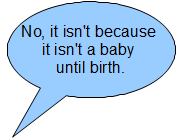 I lose, hands down. This is because my opponent’s slogan carries moral, emotional power that arouses even people that don’t agree with it. My reply is a factual quibble that stirs no one’s soul.
I lose, hands down. This is because my opponent’s slogan carries moral, emotional power that arouses even people that don’t agree with it. My reply is a factual quibble that stirs no one’s soul.
For this point to have moral force that moves people’s hearts, it would have to be made in a story that frames the issue in terms of progressive values. Drew Westen accurately describes the fetus as a potential person that becomes more like a baby as pregnancy progresses and notes that this evolution is why Americans are more supportive of restrictions on late-term abortions than on earlier ones. He proposes the following as a principled stand on abortion:
Abortion is a difficult and often painful decision for a woman to make. It’s a decision only she can make, based on the dictates of her own conscience and faith, not on the dictates of someone else’s. But except under exceptional circumstances, such as rape, incest, or danger to her health, she should make that decision as early as she can, so she is not aborting a fetus that is increasingly becoming more like a person. (The Political Brain, p. 184).
This avoids the word baby and emphasizes the woman’s conscience, faith, and responsibility to decide early. What do you think? Is it important to be careful about the using the word baby, or am I overreacting? What do you think of Westen’s statement above?
